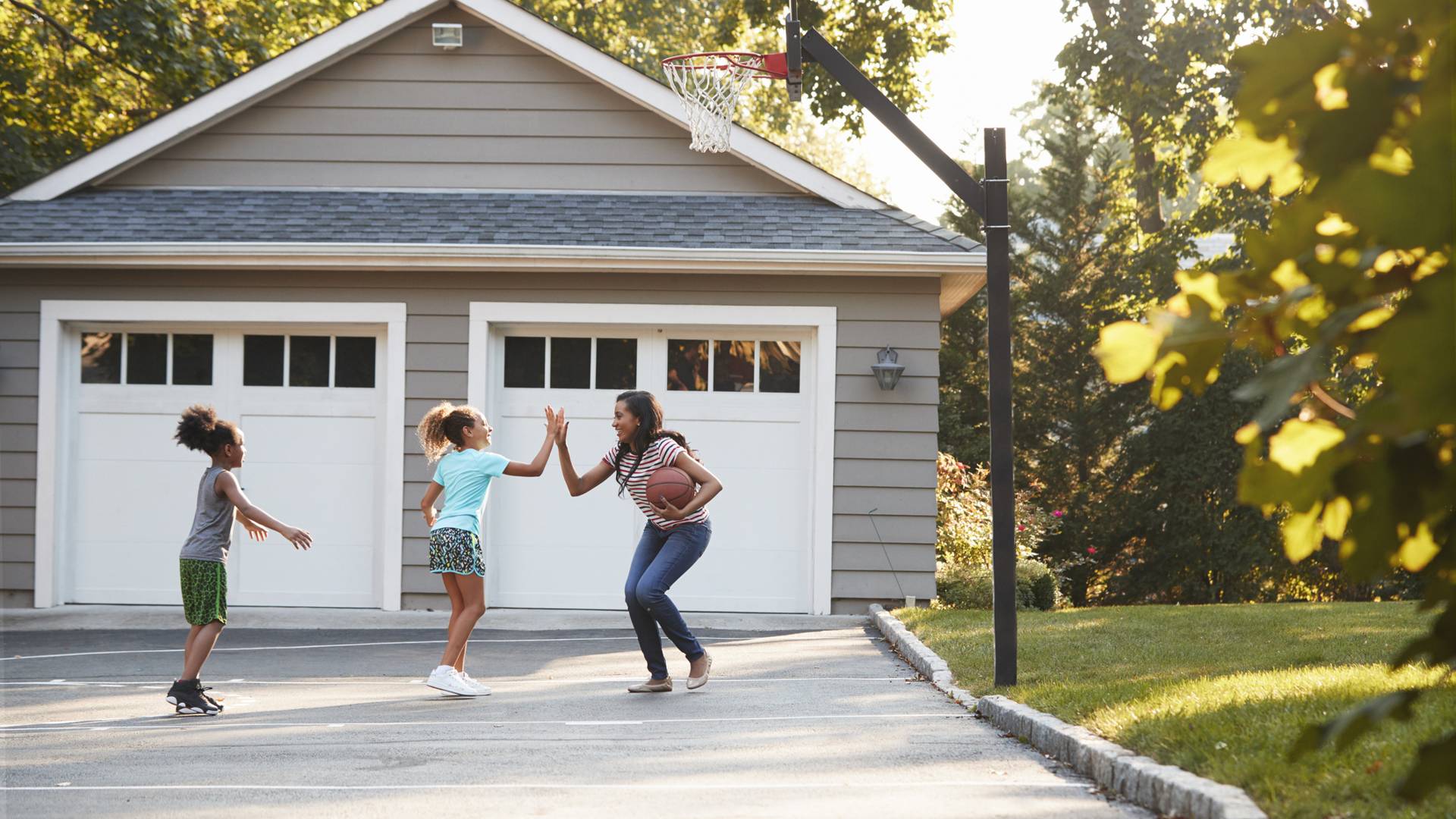
Guardianship for Minors
Burlingame Guardianship Attorney Here to Guide You
What is Guardianship for Minors?
If you currently have children, choosing guardianship for minors in the event anything should happen to both parents, is a task that should never be put off. Far too many parents assume because they are relatively young, there is no need for them to name a guardian for their children. After all, it is not something most of us want to think about—someone else raising our children in our absence. However, no one can predict the future, it’s important to contact a Burlingame guardianship attorney to ensure your children are raised by who you wish.
Nonetheless, it is a subject which should be carefully thought-out—in short, how would you want your children to be raised in your absence, and who would you want to raise them? The odds are certainly in your favor that your chosen guardian will never have to actually step in and care for your children. If one parent dies, the parenting duties and custody generally fall to the other parent with no special arrangements. However, what if both parents were to die suddenly following an accident?
To ensure the person you would choose to raise your children will actually legally be able to do so, you must nominate that person as guardian in your will—carefully and deliberately. You will list the names and birthdates of all your children, and, depending on your current situation, you may want to include a provision for future children in the event you die before you have a chance to update your will following the birth of a new baby. Your Burlingame guardianship attorney can include language in your will to ensure any future children would also fall under your designation of a guardian.
In order to fully understand just how important nominating a guardian for your minor children really is, consider what would happen if you fail to do so. Many people assume their closest relative would automatically be appointed as guardian. Unless this person is specifically named in the will, this may not happen. If no guardianship for minors is nominated in the will, the courts will determine without your input who will raise the children.
Since the courts do not know the parents’ preference for a guardian, a person the parent might find entirely unsuitable could be chosen. As an example, suppose you have had a very troubled relationship with your own mother, and you want your cousin to raise your children. If you fail to put these wishes in your will, the court might naturally assume that the children’s grandmother is the best person to raise them.
Things to Consider When Choosing Guardianship in California
There are so many important considerations when choosing a guardian for your children, but perhaps, in the end, the decision is made based on who you believe will love your children wholeheartedly, caring for them in the same manner you would. Age is, however, a consideration. Perhaps you adore your own parents (and had a fabulous upbringing), so you believe your parents are the best choice. That could well be true, but what if your parents are already in their 60’s—or older? That might not seem like a big deal if they are in good health, but it should still be a consideration.
Next, you will consider the location of the guardians you are considering. If you adamantly want your children to remain where they are now—in the same house and in the same schools—then you may need to choose a guardian who is close in location. Few adults would be willing to completely uproot their own lives (home, career, friends, and family) to move to your location—no matter how much they care about you and your children.
The next consideration is the guardian’s current family situation. Do they have children of their own? Will your child or children fit into their current family dynamic? Is the potential guardian single? If so, what if he or she later married a person who you might not want to raise your children? Does your potential guardian have a similar belief system as you? How does he or she feel about education, politics, religion, school activities, healthcare decisions, and discipline for the children?
Finally, once you have made your decision—ask. Never simply assume that the person you would choose to raise your children is willing to do so. Have a long, honest discussion with the potential guardian before you name him or her in your will. Finally, always have an alternate guardian named in your will. While the chances of something happening to you, then to your chosen guardian are very slim, it’s always good to have an alternate plan.
Why Choose The Law Office of Mark Gullotta?
-
Personalized Estate Planning GuidanceWe believe estate planning is personal. Attoney Gullotta offers a streamlined, 15-minute initial assessment to understand your unique needs, ensuring you know exactly what steps are needed to protect your future.
-
Comprehensive ApproachWe go beyond standard estate plans by focusing on three crucial factors: your specific wishes, your family’s circumstances, and current California Trust and Estate Law. This ensures a tailored plan that adapts as your life changes.
-
Commitment to Client Peace of MindAttorney Gullotta is dedicated to creating estate plans that allow you to rest easy, knowing your loved ones and assets are fully protected. His experience in trust, estate planning, and probate ensures thorough and compassionate guidance at every step.
-
Adaptive Legal GuidanceAs your circumstances evolve, so should your plan. With in-depth knowledge of California law, Mark helps clients adapt their estate plans over time, ensuring continued protection and relevance.
What Does a Guardian Do?
A named guardian has all the powers and responsibilities of a parent regarding the health and welfare, education, support, and care of the child. Guardians must, at all times, act in the best interests of the child. The guardian must provide a place for the child to live and must know the child well enough to understand his or her abilities, physical and mental health, needs, and limitations. The guardian must save any excess money the child may have for his or her future education or other needs. The guardian must take “reasonable” care of the child’s personal property and must apply any money left for the child to his or her care, support, and education
Does Guardianship for Minors Control Property and Finances?
A guardian would rarely have control over all of the child’s property. The court will generally appoint a conservator who will manage, or control property left to the child unless the parent’s will specifies otherwise. The parent may choose to set up a trust for the child, so money and assets are portioned out over time
When Does a Guardianship for a Minor End?
A guardianship typically ends when the child turns 18, however, if the child is still in high school when he or she turns l8, the guardianship could continue until graduation.

How Burlingame Guardianship Attorney Mark Gullotta Can Help
If you have minor children, you should definitely consider including guardianship instructions in your estate plan, most specifically, in your will. Because this is such an important decision, it is imperative that documents containing your choice of a guardianship for minors be properly prepared, so there are no unexpected surprises. Burlingame guardianship attorney Mark Gullotta has been helping Californians with issues like guardianship—as well as all other estate planning issues—for more than fifteen years. Mark Gullotta was certified as one of the top attorneys in North America for 2015 through 2019. Mark believes in taking a proactive approach to estate planning; he also believes estate planning is not something you do once and forget. As your life changes, so should your estate plan.
For a comfortable estate planning experience from a highly qualified California estate planning attorney, contact Burlingame guardianship attorney Mark Gullotta today.